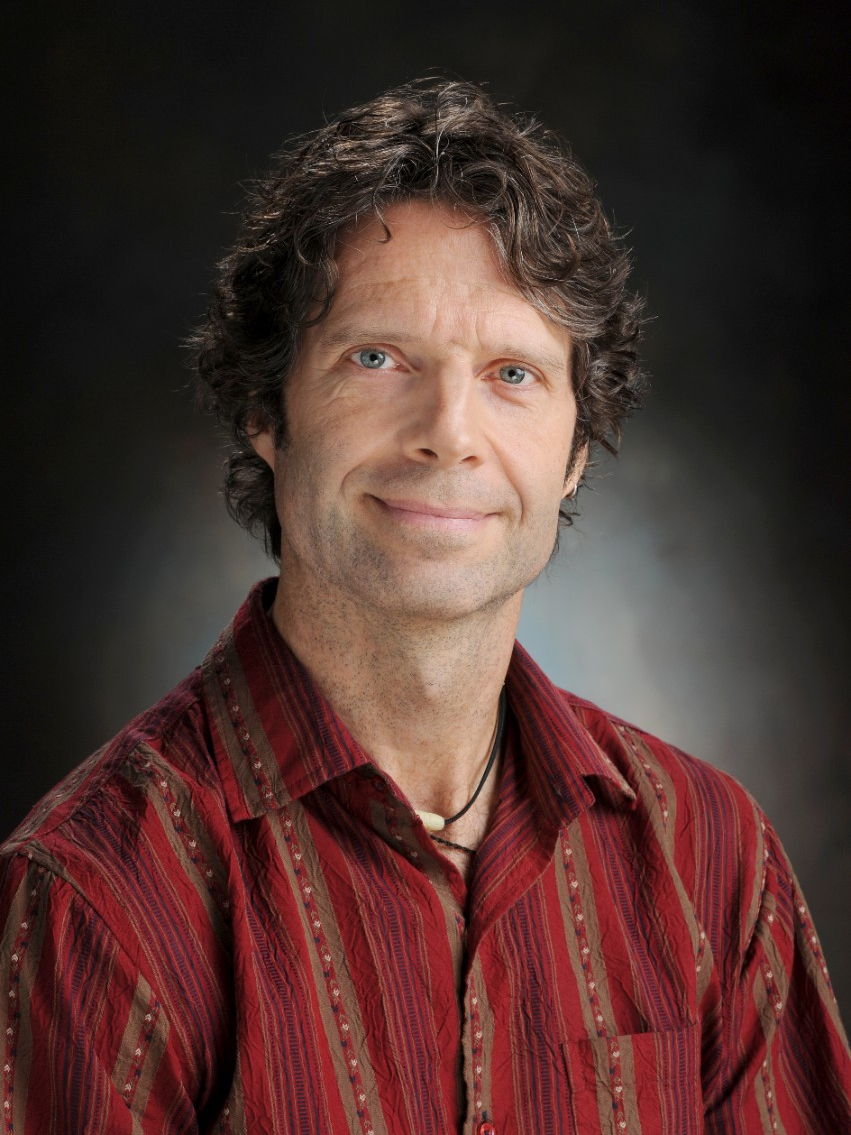- Undergraduate
- Graduate
- Research
- Algebraic and Arithmetic Geometry
- Applied Mathematics
- Computer Algebra
- Discrete Mathematics
- History of Mathematics
- Industrial Mathematics
- Mathematics, Genomics & Prediction in Infection & Evolution - MAGPIE
- Mathematics and Data
- Mathematics of Communications
- Number Theory
- Operations Research
- Centre for Operations Research and Decision Sciences
- PIMS at SFU
- Scientific Computing, Machine Learning and PDE
- People
- Math Internal Resources
- About Us
- Events | Outreach | News
- MATH EDI GROUP
- Grad Internal Resources
- Student Groups

Randall Pyke
Areas of interest
My educational background is in mathematical physics; quantum mechanics, classical (Hamiltonian) mechanics, and dynamical systems (including fractals and chaos). In mathematical terms this means analysis, functional analysis, and differential geometry (mostly ordinary and partial differential equations).
I've conducted research on nonlinear wave equations, in particular the dynamics of soliton solutions (solitons are localized "waves" that behave like particles and play an important role in many applications, eg., nonlinear optics, water waves). I use both theoretical and numerical methods (i.e., simulations). I'm also interested in applications of partial differential equations to image processing, and wavelets to signal processing.
I'm involved in industrial mathematics, having worked on designing undergraduate programs in industrial mathematics and mathematical modelling. (Industrial mathematics is mathematics applied to problems arising in industry, including business, engineering, and computer science.) In addition I have participated in several of the PIMS/MITACS industrial mathematics workshops. I am based at the Surrey campus which is implementing an Industrial Mathematics and Scientific Computing undergraduate program.
I've taught courses in fractals and chaos, linear programming (Operations Research), differential equations, various calculus, discrete math, and linear algebra. Mathematics is both a tool and an art; I try to bring out these aspects in my teaching. I'm happy to talk to students about all aspects of their mathematical education, including applying the theory they've learned in their mathematics classes to particular problems in their field of study.
Education
- Ph.D. Mathematics · University of Toronto · 1996
Research Areas
Courses
Future courses may be subject to change.

